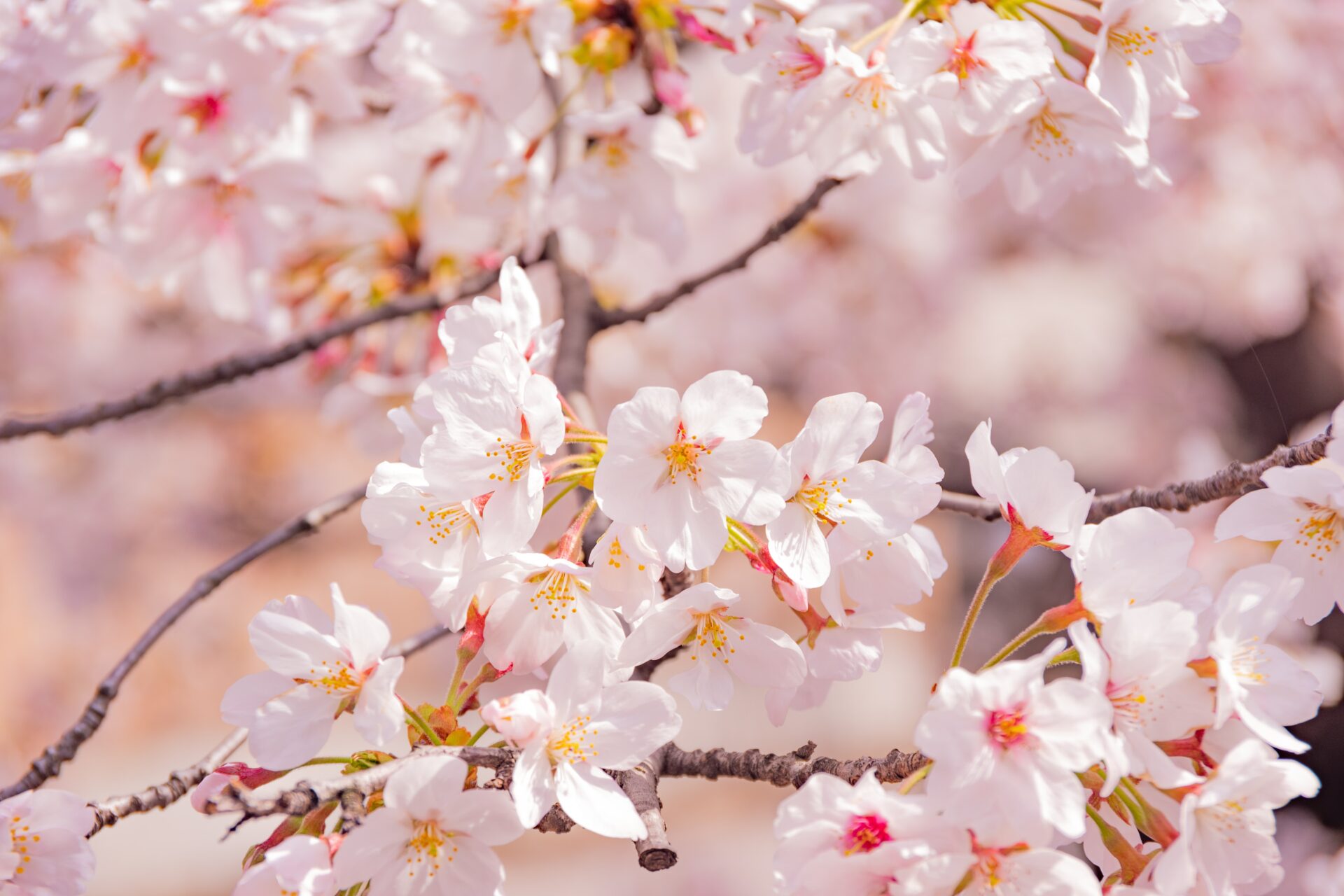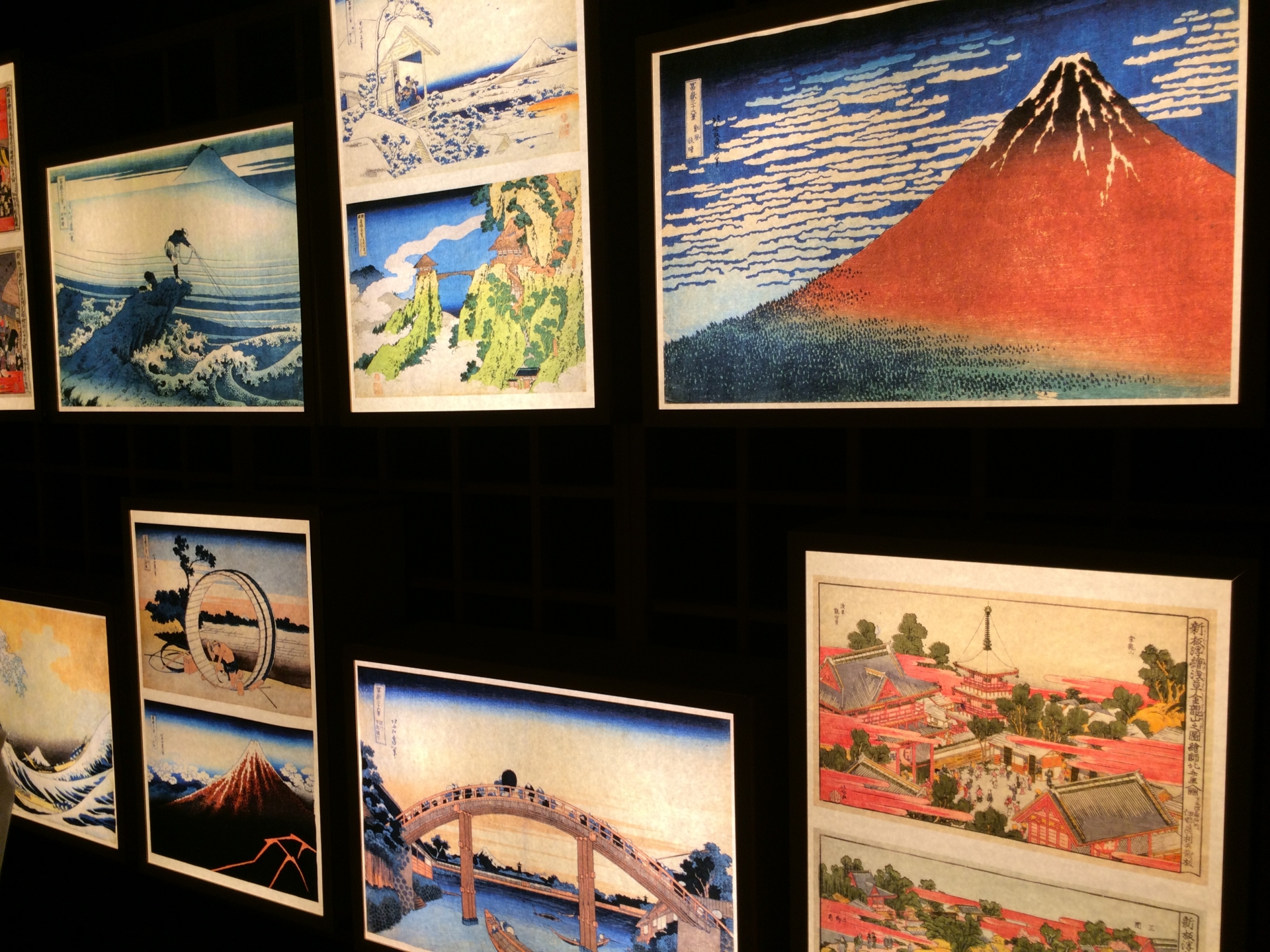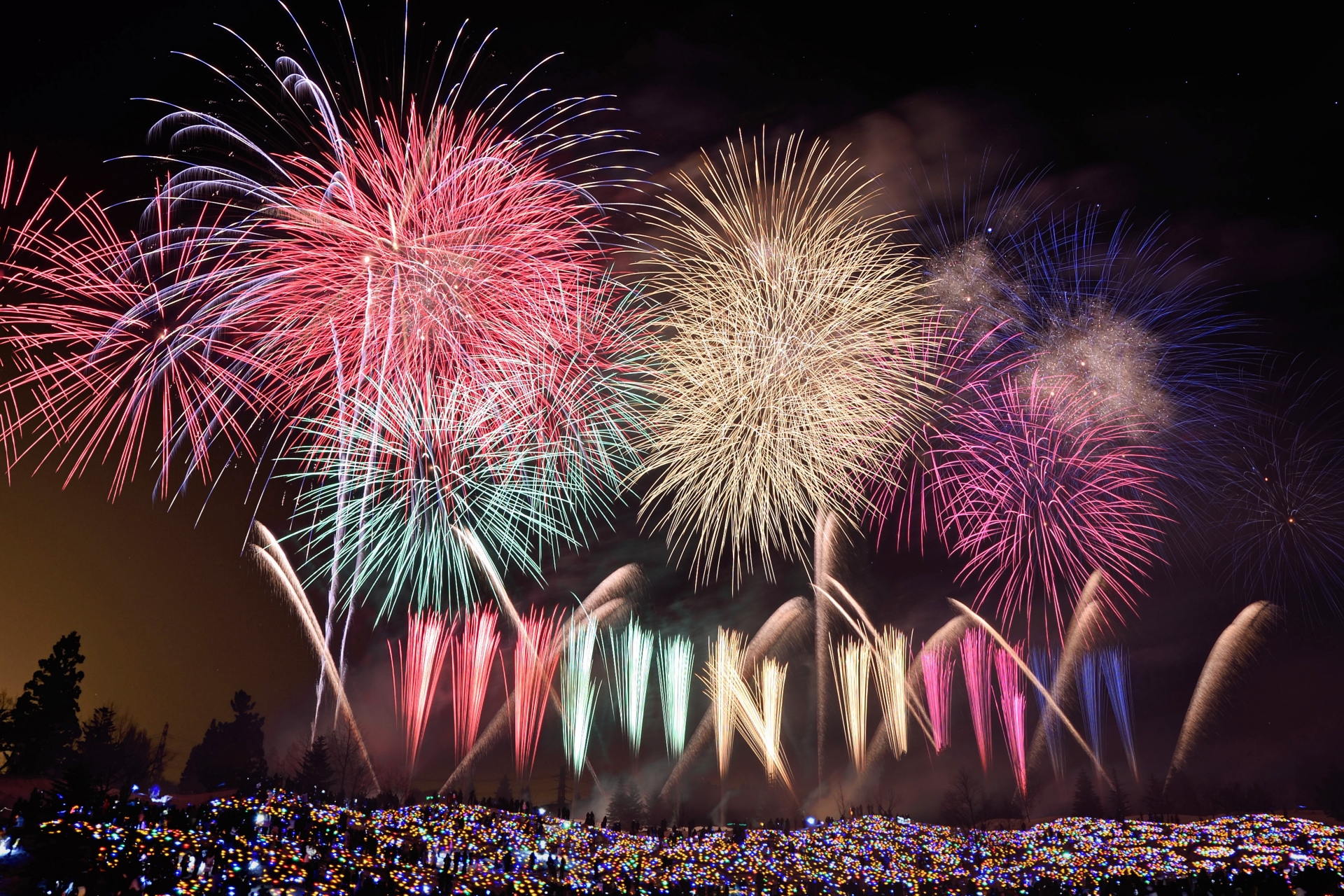When talking about Japan, for many the image of the beautiful sakura blossom pops up. Sakura is a beautiful, symbolic flower in Japan which announces the arrival of spring and the warmer weather. If you have ever visited Japan in springtime, you probably remember the pink tiny petals that gracefully dance in the air and all the craziness that comes with it. Thousands of people will flock to the most popular cherry blossom viewing spots, there will be limited editions of everything sold everywhere, hanami are held under the trees and many sakura festivals take place.
To people who don’t have any previous knowledge on sakura, the blossoms might all look the same, but there are in fact approximately 200 different types of sakura trees in Japan. Each with slight differences in their color and shape that can be hard to distinguish from one another.. Reading this blog will help you to understand the differences between 5 different types of sakura trees in Japan!
1. Somei Yoshino
Somei Yoshino is probably the most famous type of Sakura tree in Japan. They account for approximately 80% of the Sakura trees in Japan, and can be easily found across the country. When meteorologists make cherry blossom forecasts, they are referring to the Somei Yoshino variety. They were originally developed as a hybrid variety between “Edo-zakura” and “Oshima-zakura” back in the Edo period (1603-1868).
Each flower consists of five tiny petals, which is the typical shape of a traditional sakura flower. They generally start to blossom in late March, and we can enjoy the beautiful flowers for a week up to 10 days. The flowers come first, and the beautiful green leaves start to appear later. The color of flowers starts off as light pink and gradually turns bright white as they get close to full bloom.


Key facts of Somei Yoshino
- Most famous Sakura tree in Japan
- Light pink flowers with five tiny petals
- Start to open in late March
Great Somei Yoshino Spots in Japan
- Ueno Park (Taito-ku,Tokyo)
- Hirosaki Castle (Aomori prefecture)
2. Yamazakura
Yamazakura is another famous sakura tree that is native to Japan. They typically grow wild in mountainous areas in Honshu (except for the northern Tohoku region), Shikoku and Kyushu region. The light pink and white flowers have five small petals, which is similar to Somei Yoshino. Flowers and brown colored leaves start to appear at the same time from late March, which offers a beautiful contrast of the different colors! As the climate gets warmer, the brown leaves change the color to lush green.
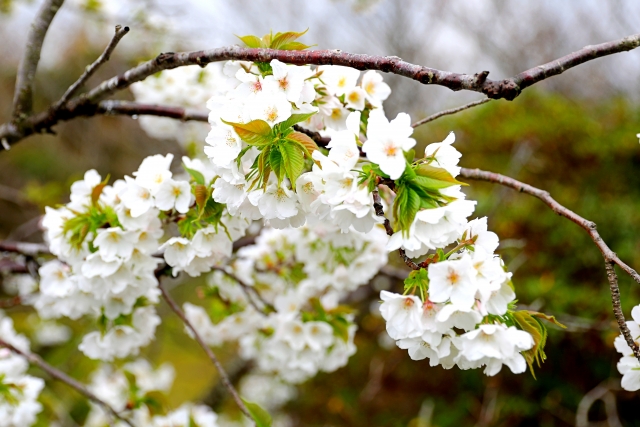

Key facts of Yamazakura
- Native and wild Sakura tree in Japan
- Light pink and white petals
- Typically grow in mountains
Good Yamazakura Spot in Japan
- Mt. Yoshino (Nara prefecture)
3. Yaezakura
Yaezakura (also known as double-flowered cherry blossoms) have recognizable traits which are unique and can’t be found in other types of Sakura trees. The flowers consist of more than 6 petals, generally 10 to 50 petals per flower. They bloom 1-2 weeks later than Somei Yoshino, and can be enjoyed for a longer period of time (generally for a month from mid-April to mid-May). The color variation of the flowers includes white, light pink and vivid pink. Unlike Somei Yoshino, leaves appear at the same time when the flowers open.


Key facts of Yaezakura
- Each flower has more than 6 petals
- Bloom later and longer than Somei Yoshino from mid-April to mid-May
- Color variation ranges from white to vivid pink
Amazing Yaezakura Spots in Japan
- Nara Park (Nara prefecture)
- Osaka Mint (Sakura-no-toorinuke)
4. Shidare Zakura
Shidare Zakura is widely known as “weeping cherry trees” in English. They have soft, tender branches drooping down towards the ground. The attractive appearance has fascinated Japanese people for over centuries. Shidare Zakura flowers generally begin to open in late March and can be enjoyed until early April. The blossoms boast a range of color varieties such as white, light pink and vivid pink. The tiny, adorable flowers on the characteristic drooping branches of the Shidare Zakura are the official flower of Kyoto Prefecture. They are also famous for their relatively long lifespan which is generally around 300 years. In Fukushima, there is an old Shidare Zakura tree which is estimated to be about 1,000 years old!
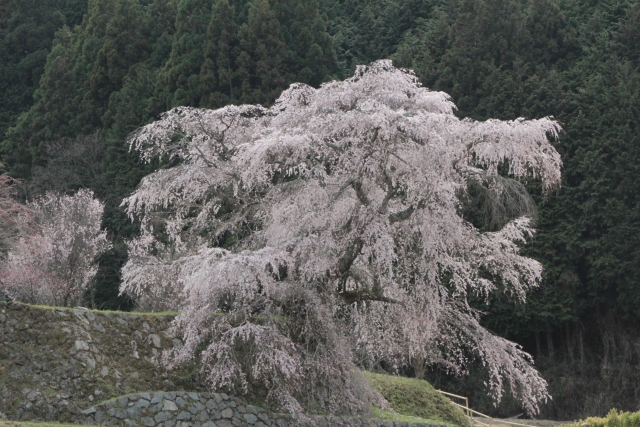

Key facts of Shidare Zakura
- Drooping branches starching toward the ground
- Color varieties include white, light pink and vivid pink.
- Generally live about 300 years on average
Breath Taking Shidare Zakura Spots in Japan
- Kakunodate (Akita prefecture)
- Heian Shrine (Kyoto)
5. Gyoiko
Can you believe there is a yellow sakura flower in Japan? Gyoiko is a lesser-known type of sakura tree with elegant yellow flowers (some people also describe the color as light green). Unlike famous sakura trees such as Somei Yoshino and Yamazakura, this type of sakura typically blooms in the latter part of the sakura season, from mid to late April. As the yellow flowers start to open wider, you will find beautiful pink strips in the center of each flower. There are approximately 100 Gyoiko viewing spots across Japan where you can admire the unique yellow flowers in full bloom!


Key facts of Gyoiko
- Yellow green Sakura flowers blooming from mid to late April
- Change color from light green to dark one with pink stripes towards the end of season
Scenic Gyoiko Spots in Japan
- Ninnaji Temple (Kyoto)
- Mitoya River Bank (Shimane prefecture)
6. Shikizakura
There is a place in Japan where you can see two of Japan’s popular seasonal phenomenon of sakura and koyo at the same time! You might wonder how this is possible, since sakura is a spring flower and the beautiful autumn leaves only appear in autumn. This is because there is a very special type of cherry blossom called Shikizakura, that blooms twice a year in spring and autumn! The Shikizakura can be seen in Obara, Aichi Prefecture, where it colors the hills in spectacular colors. The small town has created a helpful map of the best places to check out the sakura and the fall leaves and other attractions in the area like museums and temples. Arguably the best time to visit the area is between mid-November and early December.
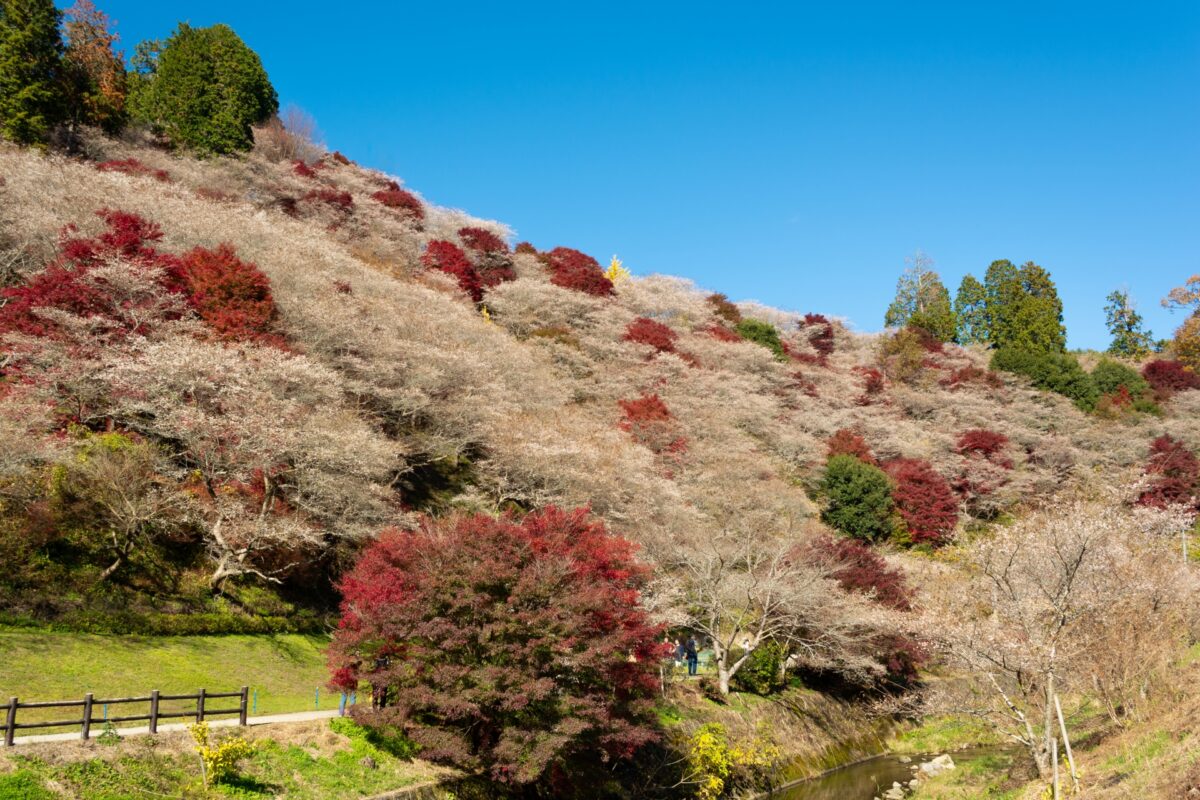
Key facts of Shikizakura
- A special type of sakura that blooms in spring and autumn
- Best time to visit is between mid-November and early-December.
Great Shikizakura spot in Japan
- Senmi Shikizakura no Sato (Aichi prefecture)
Japan Wonder Travel Tours
Japan Wonder Travel is a travel agency that offers guided tours throughout Japan.
From private walking tours to delicious Food and Drink tours, we can help you organize the best tours just for you! If you want to explore Japan and learn more about the history and backstories of each area you are visiting, our knowledgeable and friendly English speaking guides will happily take you to the best spots!
In addition, we can provide you with any assistance you may need for your upcoming trip to Japan, so please feel free to contact us if yu have any questions or need some help!
▶Tokyo Tsukiji Fish Market Food and Drink Tour
Explore the most lively and popular fish market in Tokyo and try some of the local’s favorite street foods and sake with one of our friendly and knowledgeable English speaking guides!

▶Tokyo 1–Day Highlights Private Walking Tour (8 Hours)
There’s no better way to explore an area than taking a tour with a knowledgeable local guide. You will have the chance to learn about the history and interesting background stories of Tokyo, as well as discover some hidden gems which can be hard to do without a guide.
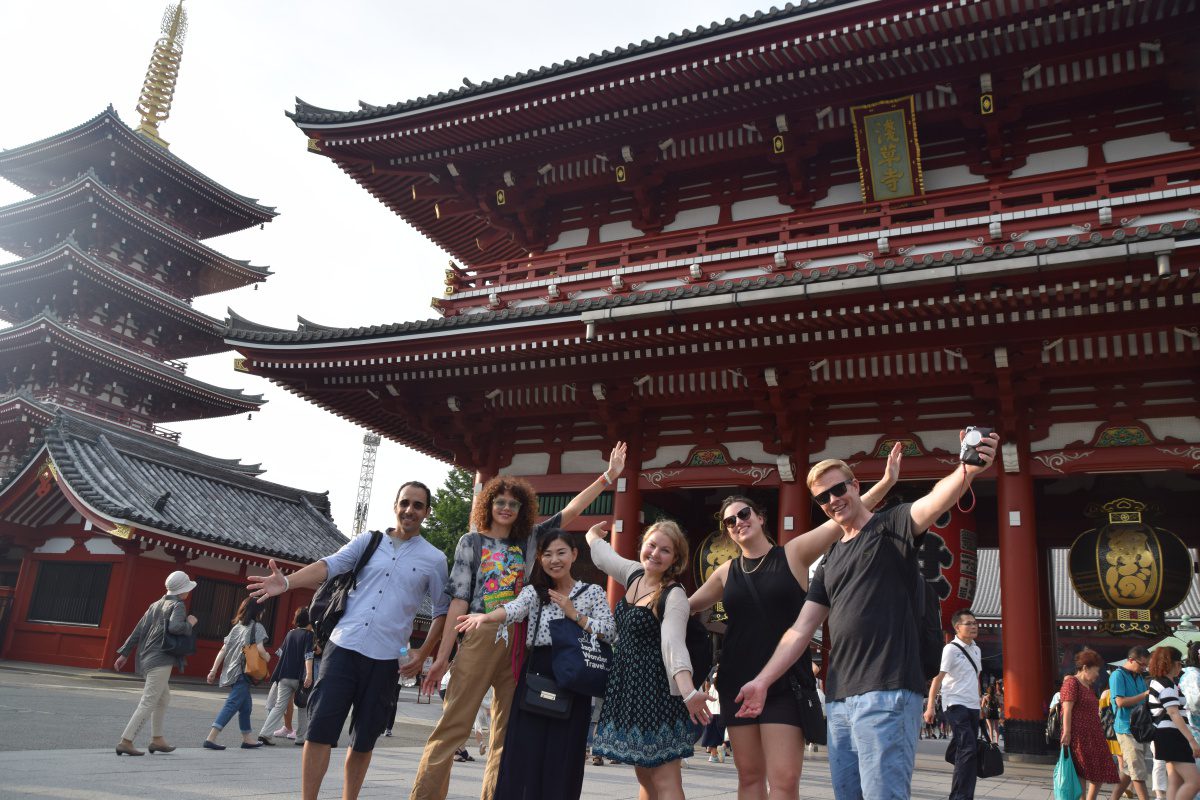
▶Mt. Fuji Day Trip Bus Tour from Tokyo
Experience the breathtaking views of Mt. Fuji by visiting the highlights of the area on our guided sightseeing bus tour! Departing from Shinjuku in central Tokyo, you can travel comfortably to all of the best spots in the area by bus.
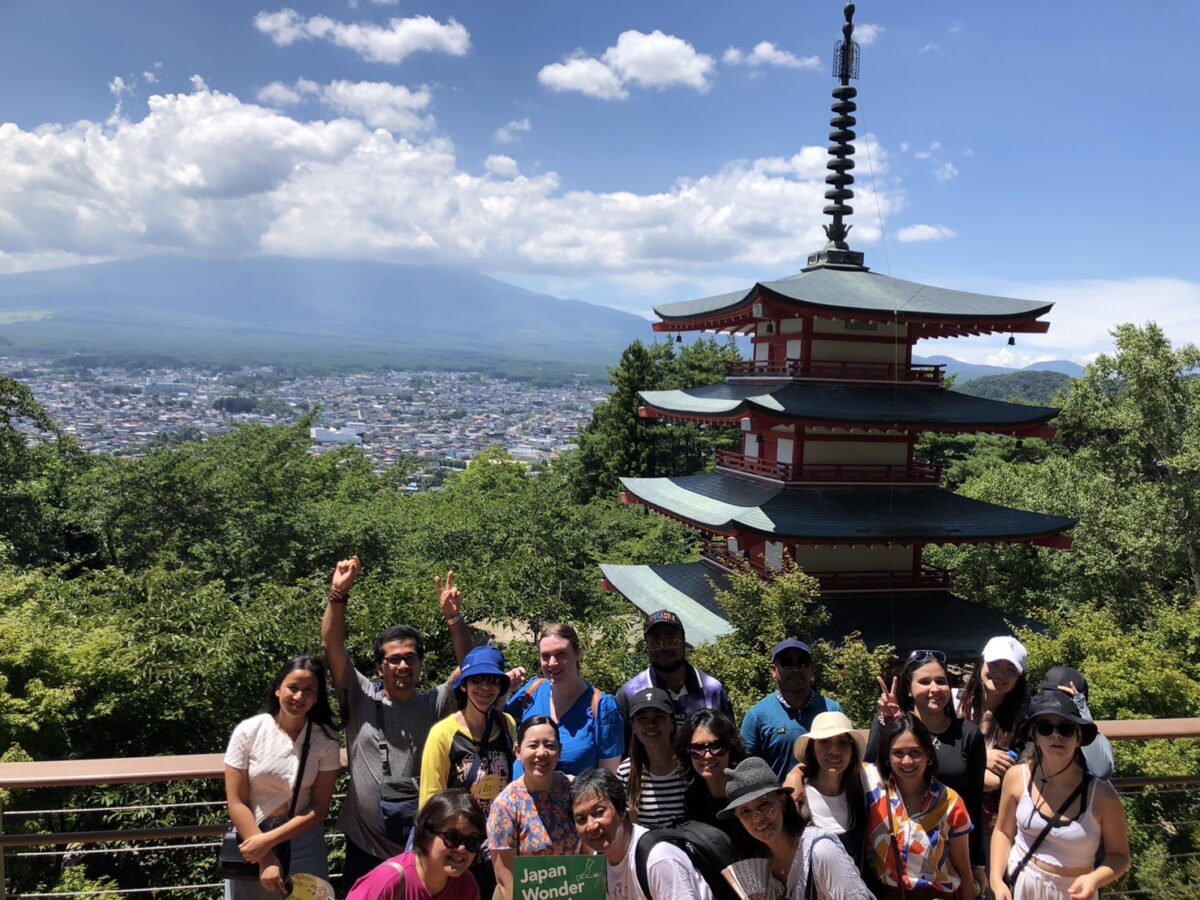
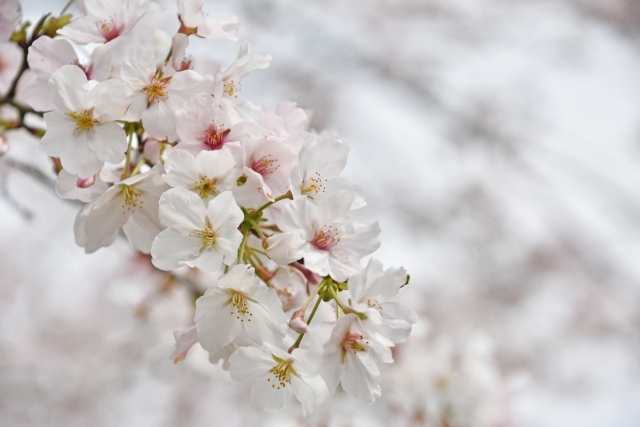
What types of sakura you can enjoy varies depending on the sakura spot you visit and when you visit. If you get a chance, visit multiple sakura spots around Japan and compare the colors and shapes of each sakura tree and leaves. It will allow you to discover the small differences that even many Japanese people are not aware of.
Follow us on Instagram, Facebook and Twitter for more travel inspiration. Or tag us to get featured!
Happy travelling!
Other articles you might enjoy
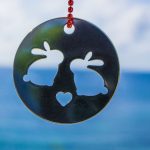
Miho Shimizu is a Japanese freelance writer settled in Shizuoka with her husband and two rabbits. Fascinated with travelling at the age of 18, she has spent most of her long holidays exploring incredible spots around Japan. Also love to listen to music, draw, and read novels over a cup of green tea.
This post may contain some affiliate links. When you click through and make a purchase we may receive some commission, at no extra costs to you.
